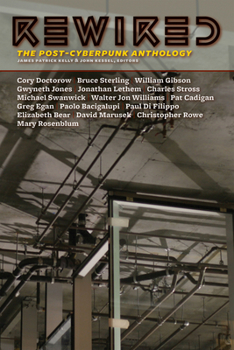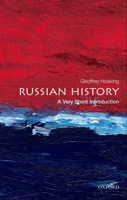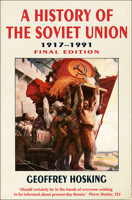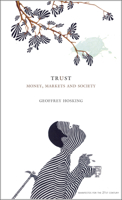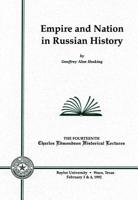Rewired: The Post-Cyberpunk Anthology
Select Format
Select Condition 
Book Overview
Customer Reviews
Rated 4 starsBeyond Cyberpunk
So the editors of this SF anothology seem to believe that cyberpunk became, after more than twenty years, too much of a popular cliche, or brand, to continue as a useful SF subgenre, and present these stories as stories that move beyond it to a new paradigm. They feel pretty much like cyberpunk to me, but perhaps a bit off-beat. There are some very memorable stories by famous and less-noted authors, I especially enjoyed...
0Report
Rated 5 starsThrilling, Engaging, Challenging
I only occasionally dip into science-fiction and when I do I'm looking for things that stretch my head, that challenge my world-view and that open realms of possibility. This anthology met those needs and more. Every story was well worth reading (no duds) and several were excellent. Admittedly the anthology has a rather dark cast (as expected, given the cyberpunk focus) and some of the auxiliary material has a bit of...
0Report











